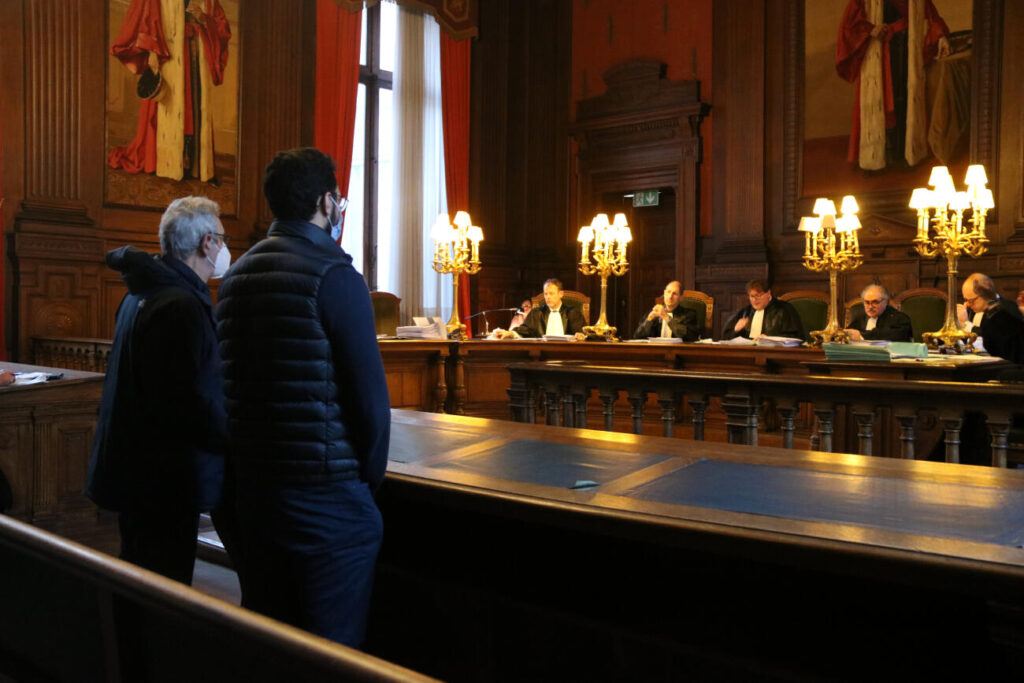11.01.2022 - 12:51
|
Actualització: 11.01.2022 - 13:51
The Belgian court of appeals is set to rule on an appeal against the decision to not extradite to Spain Mallorcan rapper Josep Miquel Arenas, known as Valtònyc, on 18 January. On 28 December, the Ghent Appellate Court turned down Spain’s latest attempt at having the rapper returned to Spanish territory to serve a 3.5-year prison sentence — a ruling that was then challenged by the public prosecutor’s office.
Valtònyc was convicted in 2018 of glorifying terrorism, threats, and insulting the monarchy. When he left the country, he pledged to “not make it easy” for Spanish authorities to incarcerate him. The Belgian public prosecutor’s office argues that the Ghent Appellate Court ruling does not sufficiently justify why glorifying terrorism and insulting the monarchy “are not punishable under Belgian law.”
“What the prosecutor tries here is to re-write the Spanish judgment” to equate the crimes in question with those in the Belgian criminal code in order to extradite him, Valtònyc’s lawyer Simon Bakeart said on Tuesday, adding that it was something “Belgian authorities are not competent to do.” If the court of appeals dismisses the appeal, the rapper’s extradition battle will come to an end Valtònyc will not be sent back to Spain. If it accepts it, the court in Ghent will then have to review its decision.
Freedom of expression
The Ghent Appellate Court, handling Spain’s extradition request, asked the Belgian Constitutional Court over a year ago if Valtònyc’s case was covered by freedom of expression. The country’s first extradition request was rejected by a district court in September 2018, after which the Ghent Appellate Court asked the Court of Justice of the European Union if Valtònyc could be extradited for glorifying terrorism, a crime that does not exist in Belgium — they responded that he could not.
And as a result of the Catalan-language rapper’s case, the Belgian Constitutional Court struck down the country’s own law against slander to the monarchy in October 2021. According to the court, the 1847 law, which allows for up to three-year sentences for insulting the royal family, violates the right to freedom of expression as well as the European Convention on Human Rights. “We have won and Belgium has removed lèse majesté from the criminal code,” he celebrated in a tweet at the time.


